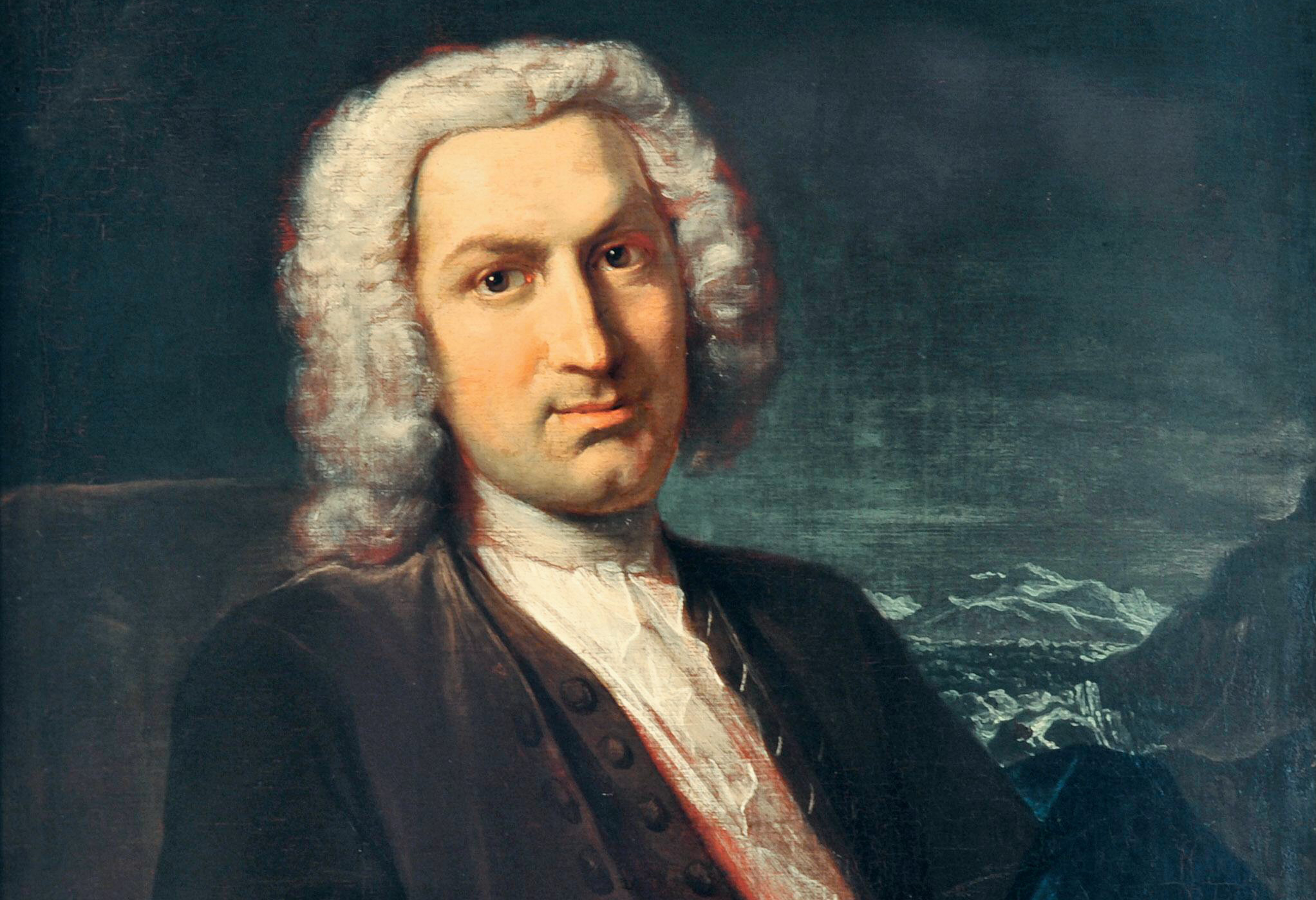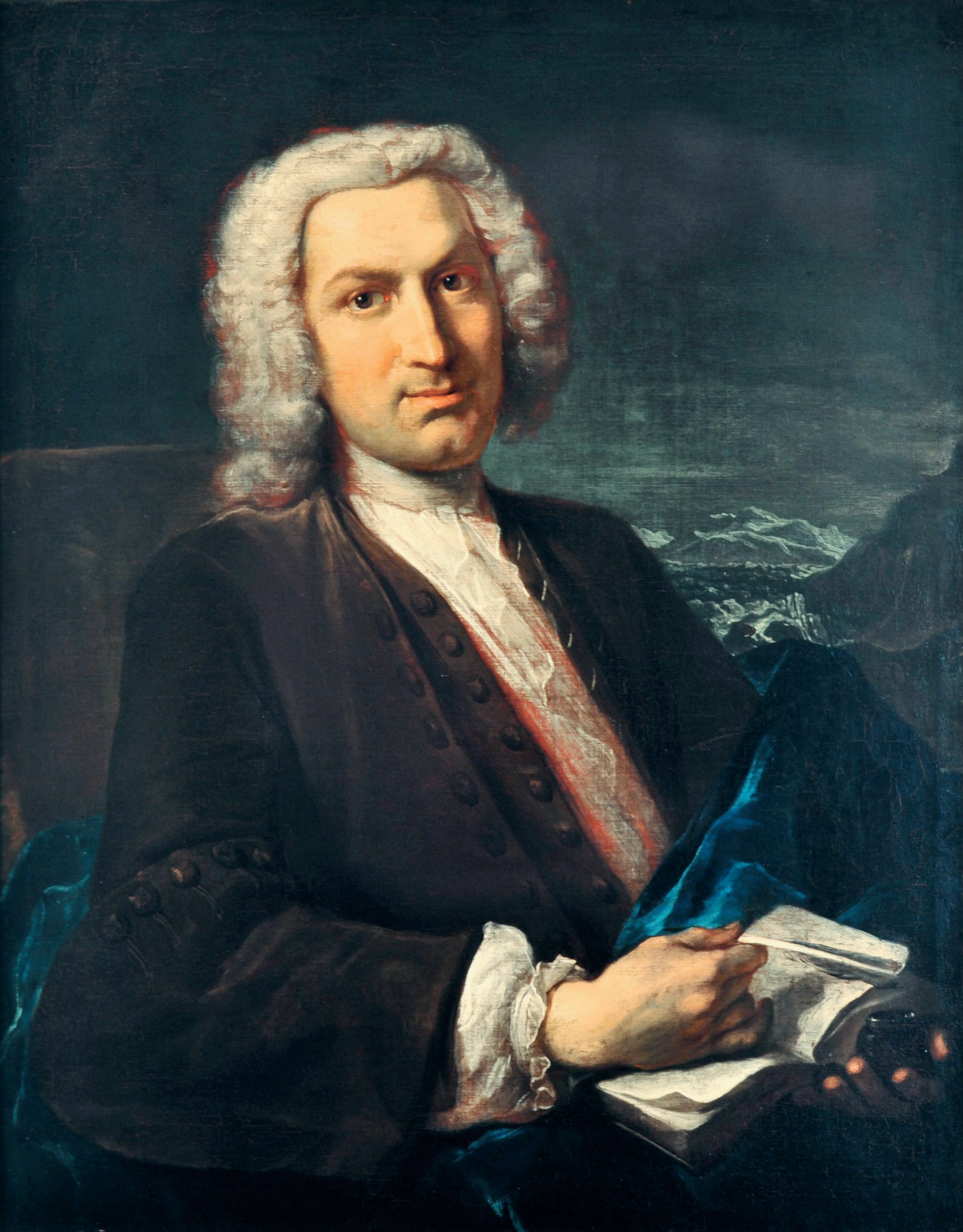
Link
Runtime
2016–2019
project participants
Albrecht von Haller Foundation, University of Bern, CCeH. Management: Martin Stuber, Peter Dängeli, Patrick Sahle. Technical support: Heinz Rohner. Other parties involved at http://hallernet.org/about/platform.
Funding
Supported by the Albrecht von Haller Foundation.
Description
The Haller Online project ran from 2016 to 2019 as a research collaboration between the Historical Institute of the University of Bern and the Cologne Center for eHumanities on behalf of the Albrecht von Haller Foundation (credit volume CHF 1.18 million). The aim of the project was to revise a valuable historical research resource that had been compiled in various projects on Albrecht von Haller (1708–1777) and his environment since the early 1990s. It includes metadata on a large number of people, letters, works and other objects from the time of Albrecht von Haller, which are linked to each other in many ways. The original database was created in an early version of FAUST and was last updated in FAUST 6.
As part of the transformation project, the extensive research data was converted into an open TEI/XML format and published on the newly designed hallernet.org platform. Based on the metadata, a prototype correspondence procedure was also developed on the platform.
The work packages associated with the CCeH included data modeling in TEI, the transformation of the data exported from Faust into the target format using XProc and XSLT, the provision of validation mechanisms (ODD, Schematron), the development of the data processing workflow in oXygen XML Editor and the design of a modular web architecture (XSLWeb, Solr, IIPImage, Vue.js) including the web presentation.
The official project name during the transformation phase was Haller Online. The platform was launched in May 2019 at https://hallernet.org. The website and the underlying research database are being continuously expanded as part of various follow-up projects.
Publications
Dängeli, Peter / Stuber, Martin (2020). “Sustainability in long-term cataloging projects: FAIR Data Criteria in 18th Century Edition and Research Platforms.” In: xviii.ch: Jahrbuch der Schweizerischen Gesellschaft zur Erforschung des 18. Jahrhunderts 11, Basel: Schwabe, pp. 34–51. DOI: 10.24894/2673-4419.00004.
Dängeli, Peter / Forney, Christian (2019). “Referencing Annotations as a Core Concept of the hallerNet Edition and Research Platform.” Paper presented at the TEI Conference 2019, Graz, September 18, 2019, DOI: 10.5281/zenodo.3446232.
Boscani Leoni, Simona / Forney, Christian / Dängeli, Peter (2019). “Edition and research platform hallerNet.” Presentation at the workshop Editions- und Forschungsplattformen zum 18. Jahrhundert: Workshop for the opening of hallerNet, Bern, May 8, 2019. Link: https://files.hallernet.org/public-www/presentations/hallerNet-Eroeffnung-I/.
Stuber, Martin / Dängeli, Peter / Forney, Christian (2019). “From job commentary to network and back: Large source corpora and deeply indexed structural data on hallerNet.” Paper at the DHd Conference 2019, Mainz, 29.03.2019. Link: https://files.hallernet.org/public-www/presentations/dhd2019/.
Forney, Christian / Rojas Castro, Antonio / Dängeli, Peter (2018). “From a closed research database to an open editing and research platform.” Poster at the DHd Conference 2018, Cologne, 01.03.2018. Link: https://files.hallernet.org/public-www/events/dhd2018_poster.pdf.
Picture credits
Albrecht von Haller (1708–1777), oil painting by Johann Rudolf Huber, 1736; Burgerbibliothek Bern, negative number 2453, https://commons.wikimedia.org/wiki/File:Albrecht_von_Haller_1736.jpg.
